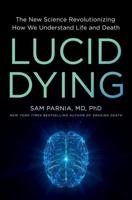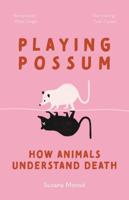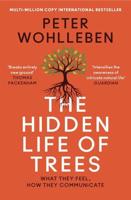Publisher's Synopsis
Once the first cell arose on Earth, how did genetic diversity arise if DNA replication and cell division generate exact copies? The answer is that neither process is perfect and that changes do occur at each step. Some changes are small and subtle while others are large and dramatic. As DNA mutates, evolution of a population takes place. But when can someone determine if a single species has changed enough to be considered two separate species? How is a species defined and is this definition useful in the real world? Real biological data will be examined to confront and answer these questions. Finally, the book examines an example of evolution that takes place in humans on a regular basis-the mammalian immune system. White blood cells evolve rapidly to confront any substance that enters a body and is perceived as a threat. With each exposure, these cells get better and better at neutralizing the threat.







